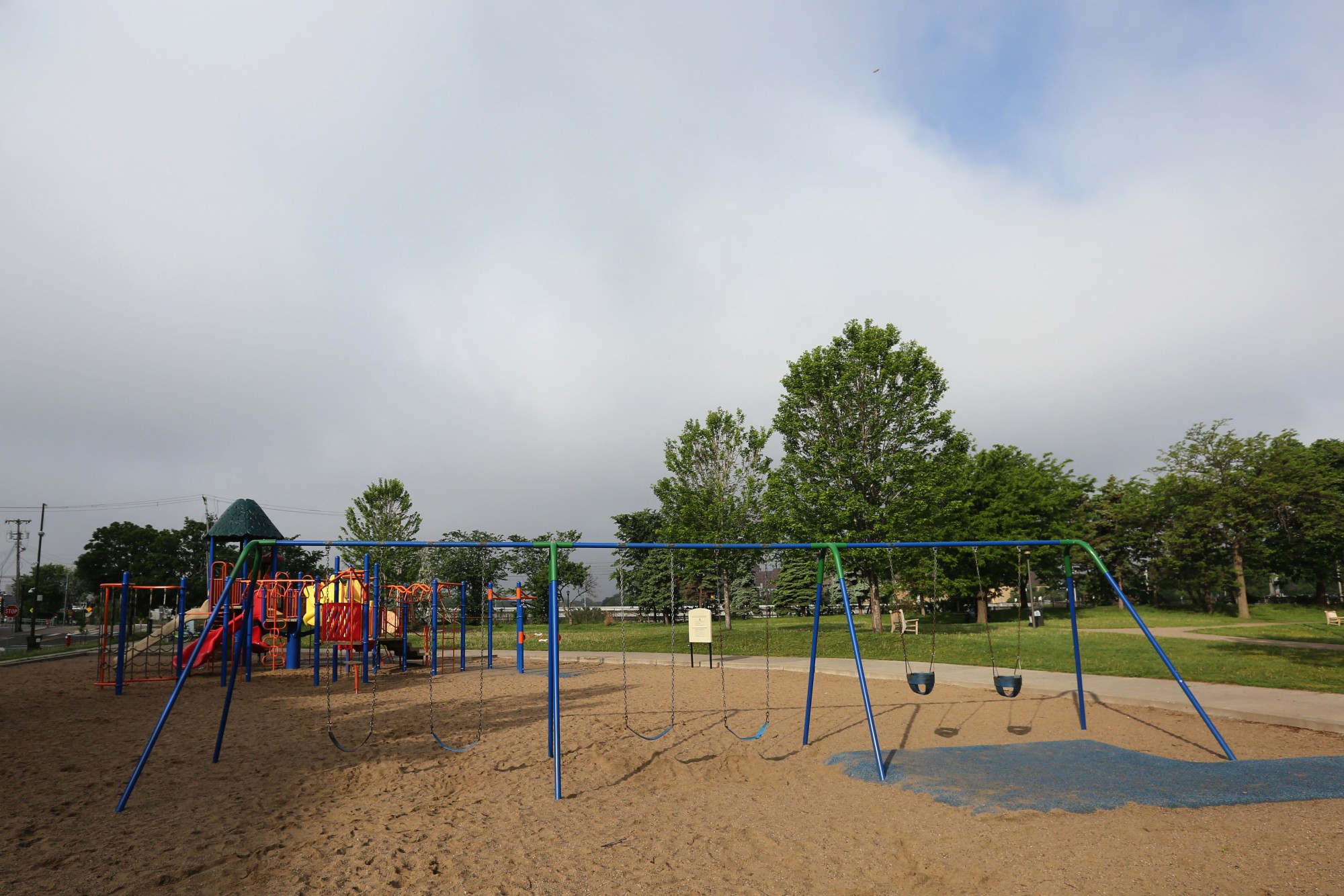The City of Minneapolis is installing syringe drop boxes across the city as part of its larger response to the opioid crisis.
On Nov. 1, Minneapolis Health Department began installing 10 customized syringe drop boxes in public areas to supply a safe place for medical waste. Officials said these boxes are an important part of the city’s response to the opioid epidemic in Minneapolis and will prevent the spread of injury and infection.
Deputy Commissioner of the Minneapolis Health Department Noya Woodrich said that the city began working on solutions to opioid overdoses in Minneapolis more than a year ago when a number of departments began working with the homeless encampment along both Franklin and Hiawatha Avenues.
Woodrich said calls from community members, complaints at community meetings and feedback from city council members this past spring led the Minneapolis Health Department to start working to address problems with syringe litter.
“A lot of different people have been involved in the conversations trying to figure out, you know, really whose job is this, which role do each of the different departments play in this particular issue. But somewhere along the way it just became our thing here at the health department,” Woodrich said.
The Minneapolis Health Department’s solution was custom-designed syringe boxes. The opening on the front of the box is large enough for a syringe – about the size of a quarter– so it deters people from putting in anything that isn’t a syringe or other medical waste, Woodrich said. Another benefit of the custom-designed box is that they can be installed in a number of different ways depending on its location.
One of the ten boxes will be stationed near campus in Currie Park in Cedar-Riverside. Woodrich said that there is not a ton of data indicating a significant syringe litter problem in the area. But she said feedback from local community members indicated a need for one in the neighborhood.
Founder of Daryeel Youth Street Outreach Abdirahman Mukhtar works with youth in Cedar-Riverside to prevent opioid overdoses in the community. He runs his outreach program on Friday nights from 8 p.m. to 10 p.m., a time when most overdoses typically occur, Mukhtar said.
Mukhtar said the boxes are a step in the right direction for reducing the harm caused by the opioid epidemic.
“Anything that can prevent any harm and public health issue is always effective,” Mukhtar said. “I think some future steps the city can take are to train people like me and people that do street outreach and non-traditional community leaders to help people who are dealing with addiction…”
Heidi Ritchie, policy director for Minneapolis Mayor Jacob Frey, said the syringe boxes are not only for opioid syringe disposal, but for any medical waste. Diabetics who take B12 shots, among other groups, are encouraged to use the boxes as well.
“It’s really kind of an anti-stigma campaign,” Ritchie said. “We put the boxes in last week, and now they are half full, so they are being utilized.”







